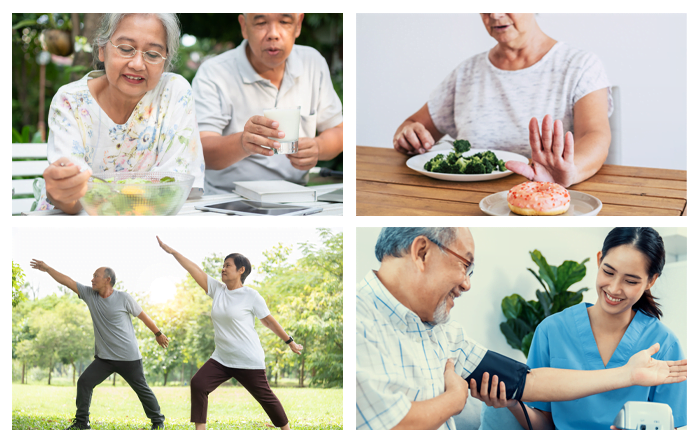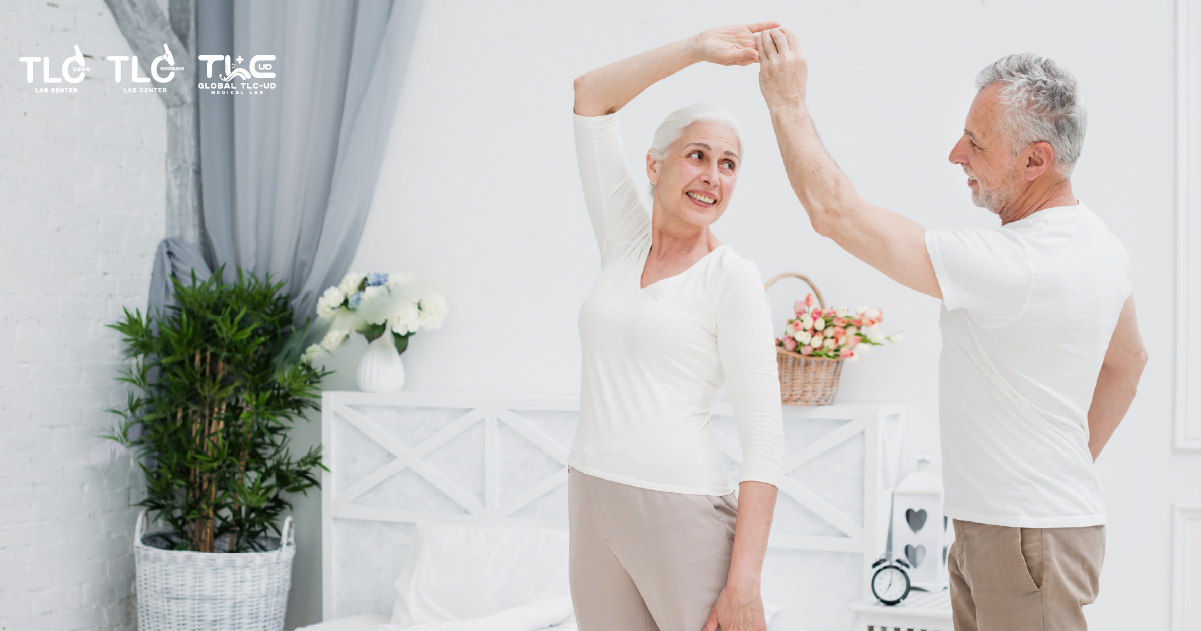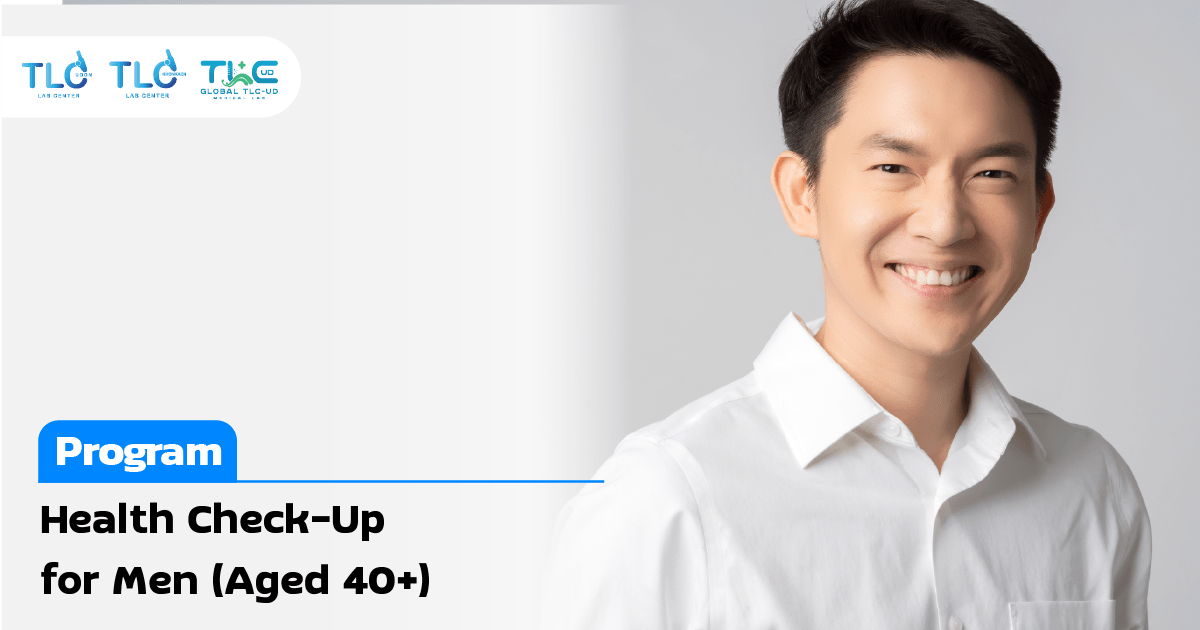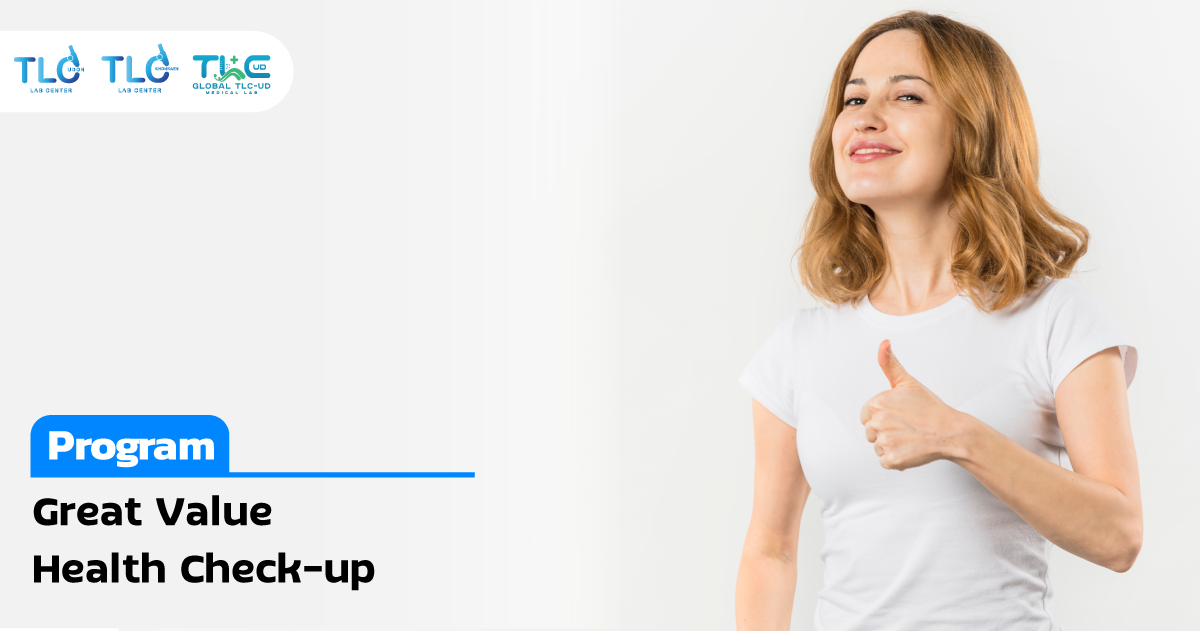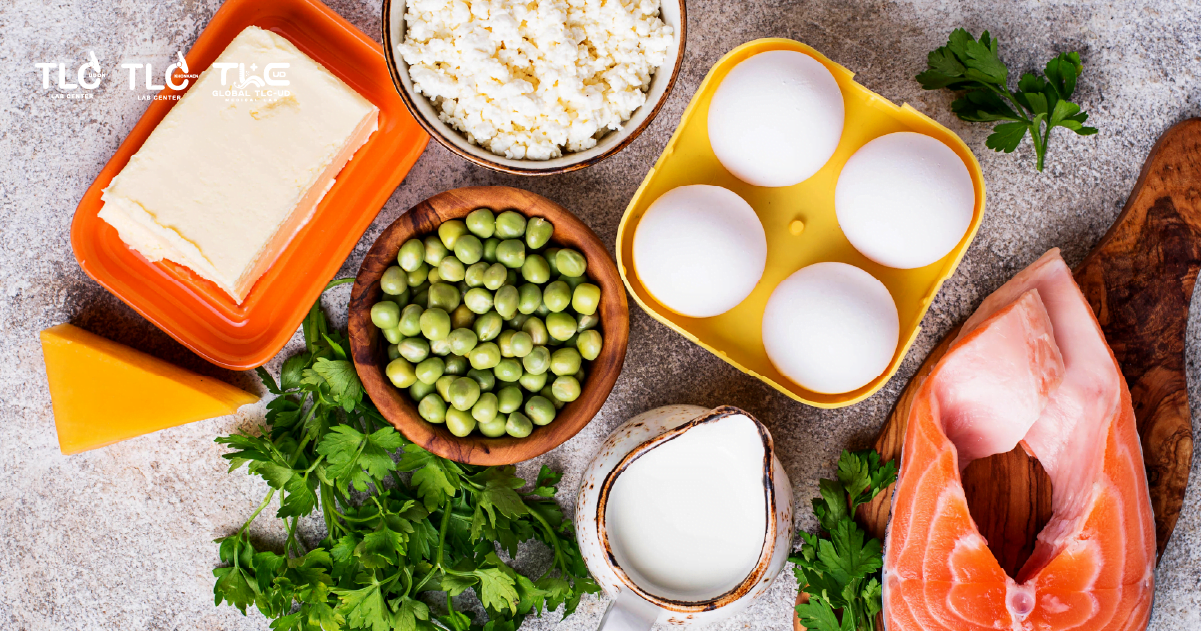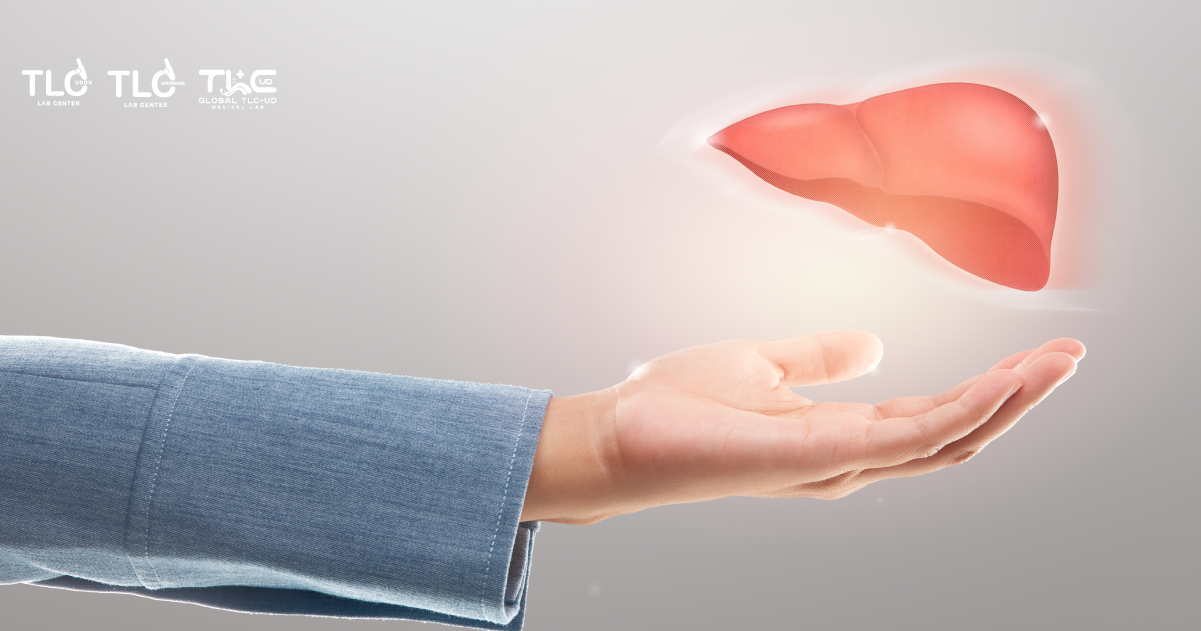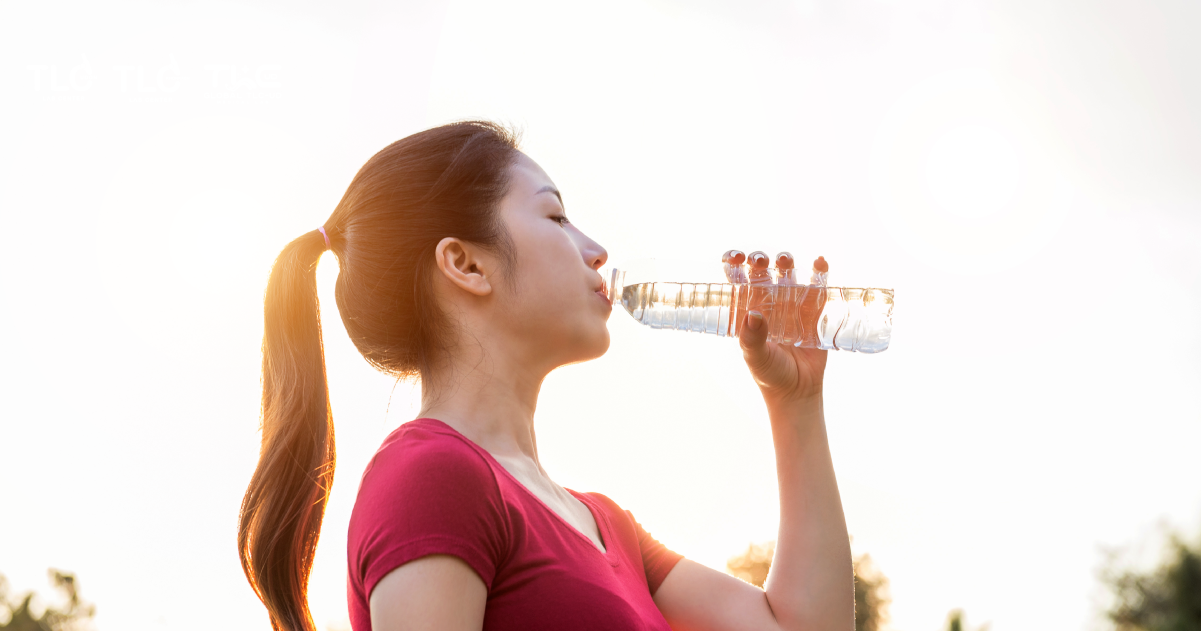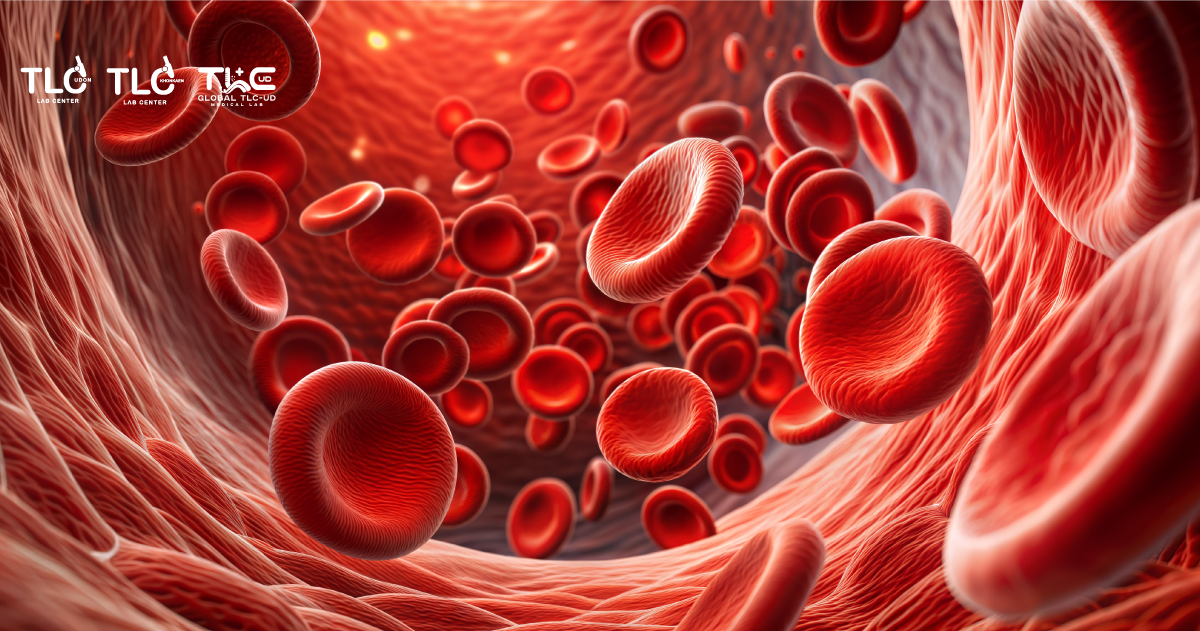Who is considered elderly?
“Elderly people” means those who are aged 60 years and over.
Elderly people are an age group requiring special care. It is an age where there are both physic and mental changes. They may have chronic diseases that require care and treatment, such as high blood pressure, diabetes, coronary artery disease, osteoporosis, and gout.
Changes in the elderly that we often encounter are
- physical changes that deteriorate, including: changes to eyesight
- vision is not the same; chewing food becomes more difficult. Various systems deteriorate, such as those in the nervous system; the gastrointestinal system; the circulatory system becomes less efficient, and there is increased susceptibility to disease.
- Emotional aspects change too; feelings; perceptions; forgetfulness; delusion. Older people tend to think the same things repeatedly, and emotional states may include depression, irritability, etc.

Elderly care.
Caring for the elderly is necessary and very important. We should pay attention to the health and environment of the elderly in order to improve their quality of life. Many older people often feel tired easily and move more slowly. Some people may feel exhausted and have difficulty performing various activities in their daily lives. These symptoms are potential health problems. This condition is called
frailty, and the elderly who suffer from this condition feel weak, tired, lacking in energy, as well as unintentional weight loss. Family members need to keep an eye on whether our adult relatives are vulnerable. If there are three or more of the following symptoms, it may mean that the elderly person is experiencing frailty and relatives should focus on those in order for that person to be healthier:
Slimmer body shape, weight loss of about 5 kg or more.
Fatigue occurs. Difficulty in standing unaided or have the strength to hold objects.
- Tiring very easily, loss of ability to do things very well.
Decreased ability to perform activities such as exercising, doing household chores, or other tasks that were previously enjoyable.
Prepare and provide quality health for the elderly:
- Diet
- Choose the right food and eat 3 meals daily, including all 5 food groups, which are age-appropriate.
Eat fruits and vegetables, avoid starchy, sweet, and fatty foods, and also spicy or raw uncooked food
Drink at least 10 glasses of clean water per day.
- Exercise
- Exercise regularly, 3 days a week, for at least 20-30 minutes a day.
- Choose an age-appropriate exercise method for all parts of the body to move.
Exercise in a safe place
- Health Check-up
Annual health check-ups should not be neglected for elderly care. Regular check-ups are recommended annually or at most every 2 years to reduce risk factors for diseases as well as to identify any diseases present to plan treatment in their early stages, such as coronary artery disease, diabetes, high blood pressure, and cancer.
Children should take care of the elderly with love and understanding, which will help them live happily, independently, with good quality, and to be self-reliant, with minimal dependence on others. Good health care is therefore very important.
